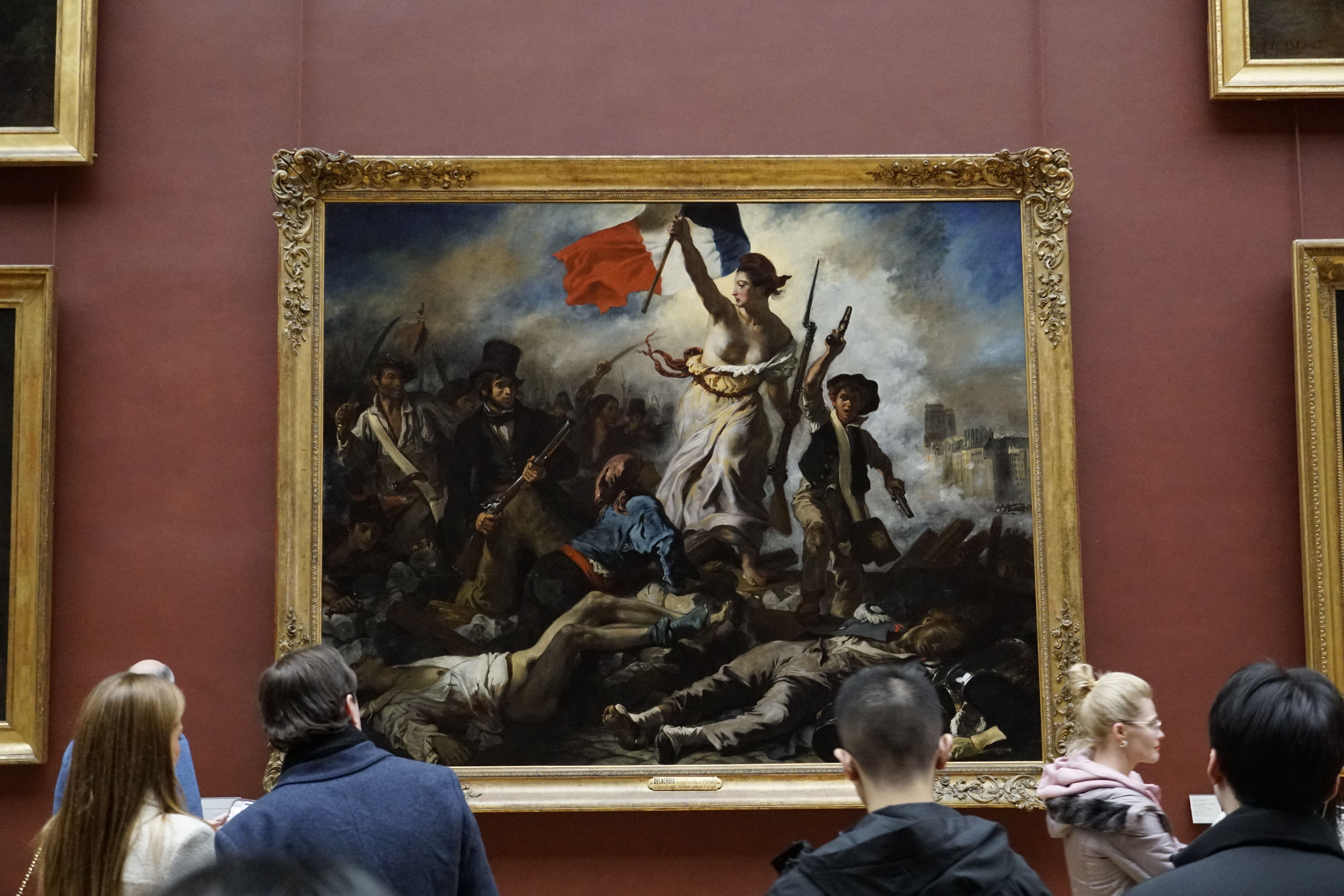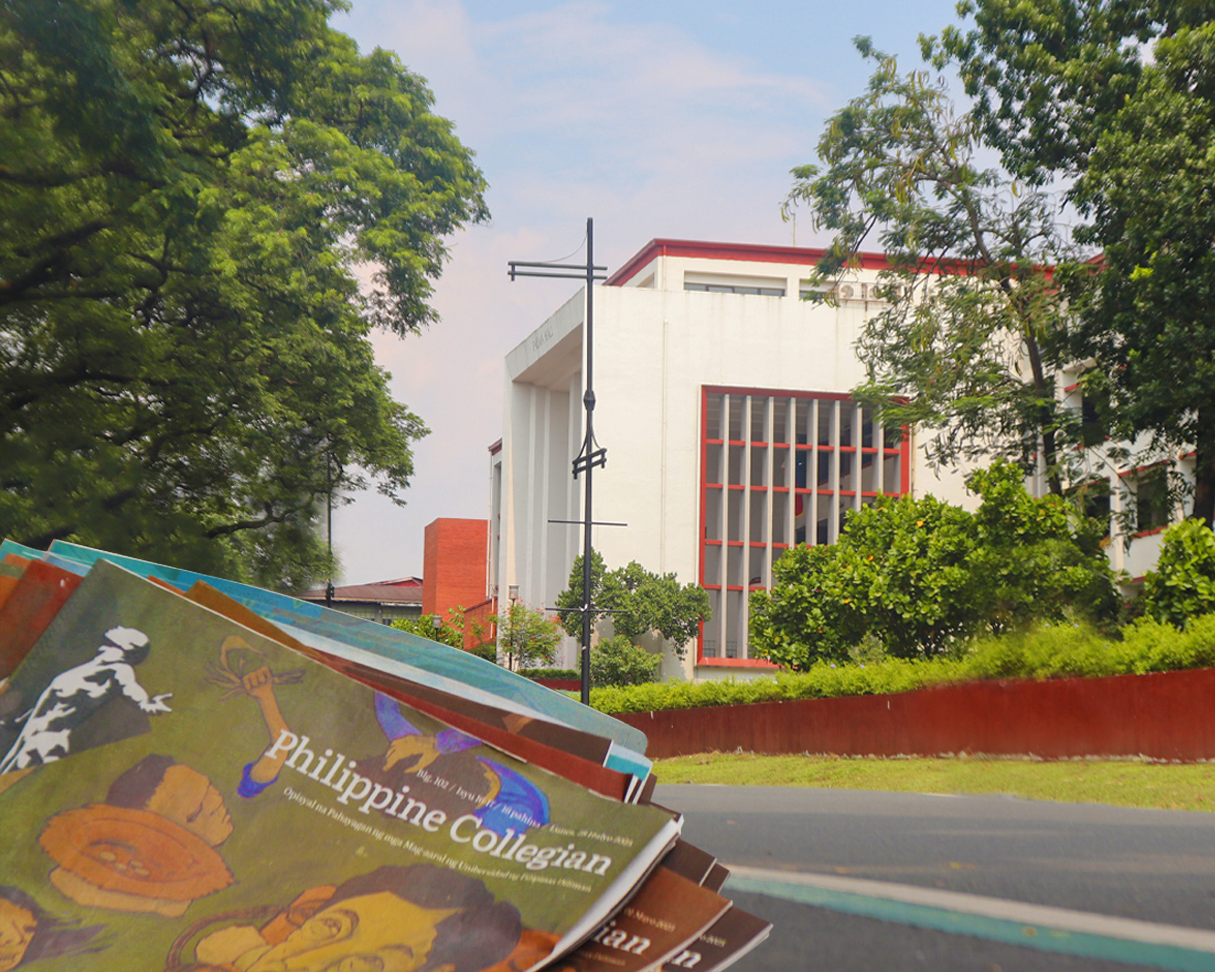More than a century ago, my people were promised to the world.
In the early 1900s, Ilocanos migrated en masse to the United States in search of opportunities robbed by centuries of colonialism. This history of displacement, just like a stubborn phenotype, was passed down from one generation to the next.
My family was no exception. While the majority of my relatives now thrive across the world, I’m left feeling behind, regretting my choice of degree that the West has no use for. No one’s going to sponsor a working visa for a historian. My knowledge of Fernand Braudel, Pantayong Pananaw, and historical materialism is immaterial to the global trade of labor.
I felt like I had to follow in the footsteps of my family. So, when my acceptance letter from Sciences Po Paris arrived, I didn’t hesitate. It would be a stepping stone toward my career abroad. I could finally be validated by my family, whose idea of success has always revolved around one thing: leaving the Philippines for good.
Instead of fortifying my plan of seeking greener pastures abroad after graduation, my exchange experience taught me that a better Philippines is possible—that the progress other countries achieved can be ours as well.
Europe’s progress, I realized, is replicable minus the slavery and colonialism that buttressed it. The subsidized social services I enjoyed as a student in Paris were not proof of some inherent European superiority, but the hard-won fruits of the socialist organizing of workers and students.
Living in Paris, I saw firsthand the things my family always said Filipinos could never have. I received free health insurance once I validated my student visa. Commuting didn’t eat two hours of my life every day. Free museums, libraries, and parks allowed me to breathe in a world that has already mapped my future as one of displacement.
Despite these conveniences, something felt off, almost as if the pleasures that I indulged in my exchange program could never be enjoyed without a hint of discomfort.
Slowly, the fantasy I grew up with—that working hard, studying in a good school, and building the right connections could help me escape a doomed country—began to crumble. I couldn’t shake off the fact that my education—in UP and in Sciences Po—was funded by people’s taxes. I didn’t owe my success to just myself or my family. I owed service to the Filipino people who made it possible.
Instead of just chasing grades, I joined protests—learning from striking university workers and students occupying halls for Palestine. I traded networking with world-renowned professors for documenting the struggles of Filipino migrants and foreign allies. I swapped portfolio-boosting research on European affairs for papers on the queer neocolonial experience.
My exchange program was no longer a stepping stone toward a convenient life abroad, it became an arena to assert that our country is not backward by nature, but devastated by centuries of neocolonial dispossession—something my host country is guilty of committing, too.
But it would be counterproductive to solely blame our colonial past for our present state. With billionaire dynasties and their corporate interests dominating every election cycle, it gets increasingly difficult to advance progressive policies that could generate conditions where our people wouldn’t be forced to migrate.
I remembered how years ago, socialist proposals like free tuition were laughed off as too idealistic. But some of them are now enacted, serving millions, precisely because they were fought for—not just in Congress, but by warm bodies on the streets.
Systems that serve people don’t fall from the sky. Their impossibility can be shattered by progressive policies won through tireless organizing, broad unities, and the stubborn refusal to accept that this is the best we can do. To make working systems more than just an aspiration, one must be willing to offer their knowledge and service back to the people—and that entails the contradiction-ridden decision to stay.
I still believe in building a better life, but it shouldn’t come at the cost of leaving everything and everyone behind. Now I know that the promise worth fighting for is not out there, waiting in some distant land, but here at home, built with our own hands in the streets, in our communities, and in the chambers of power alike. ●
Published in print in the Collegian’s August 12, 2025 issue





